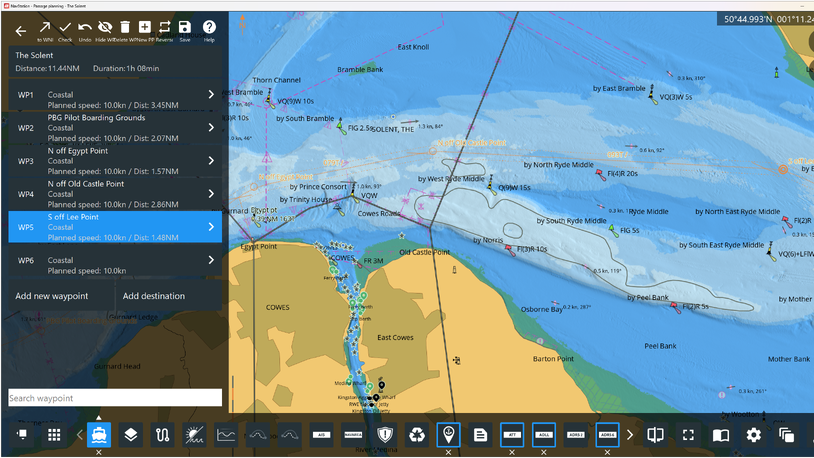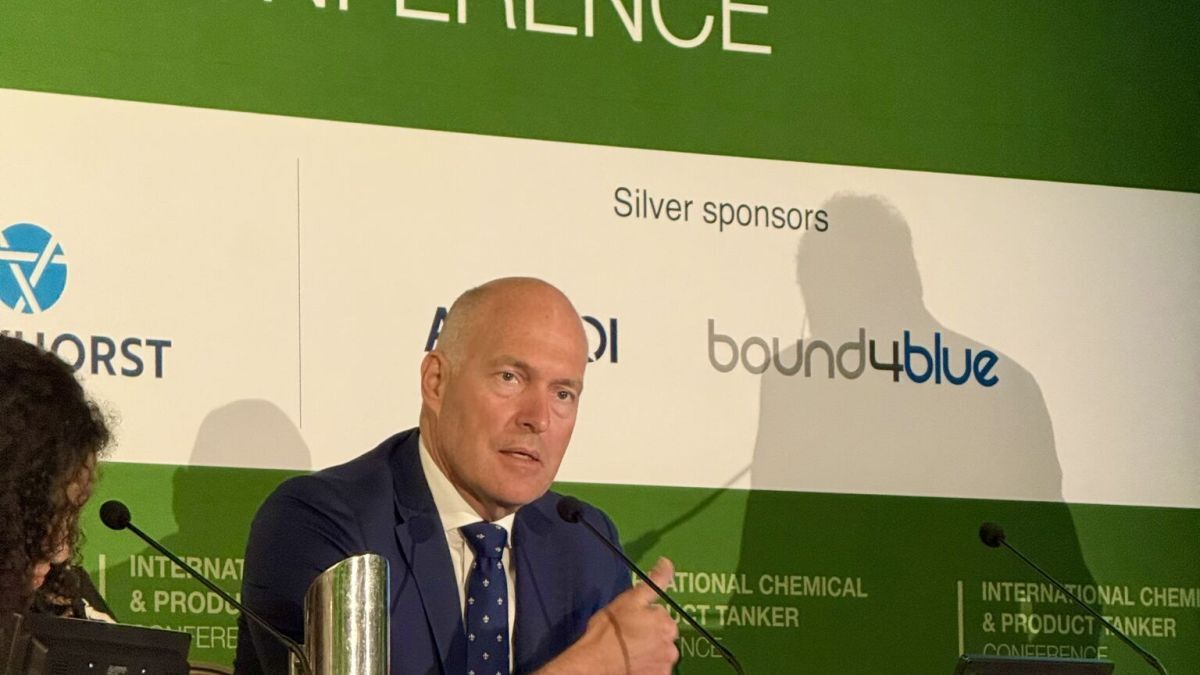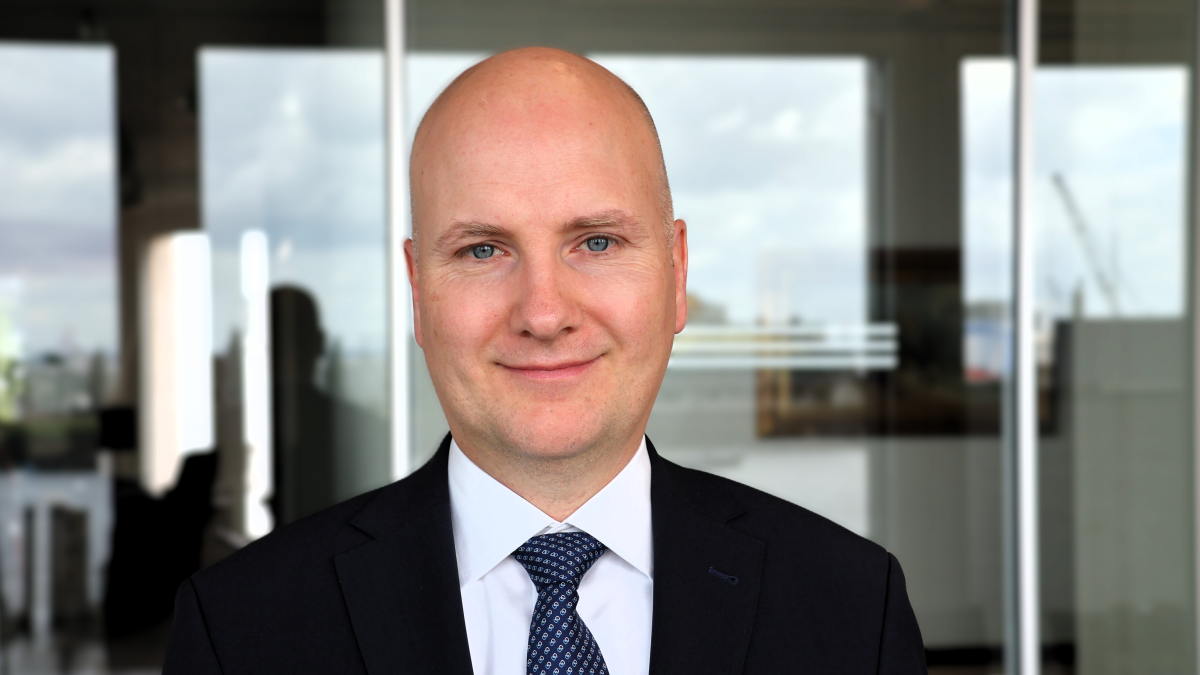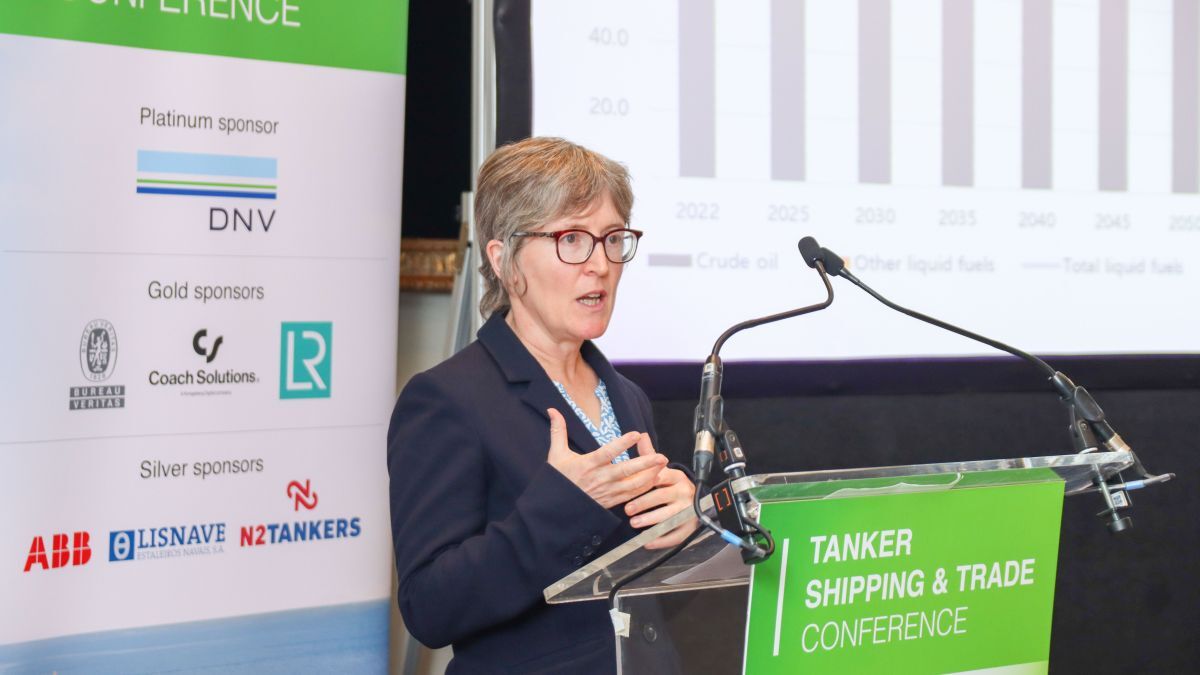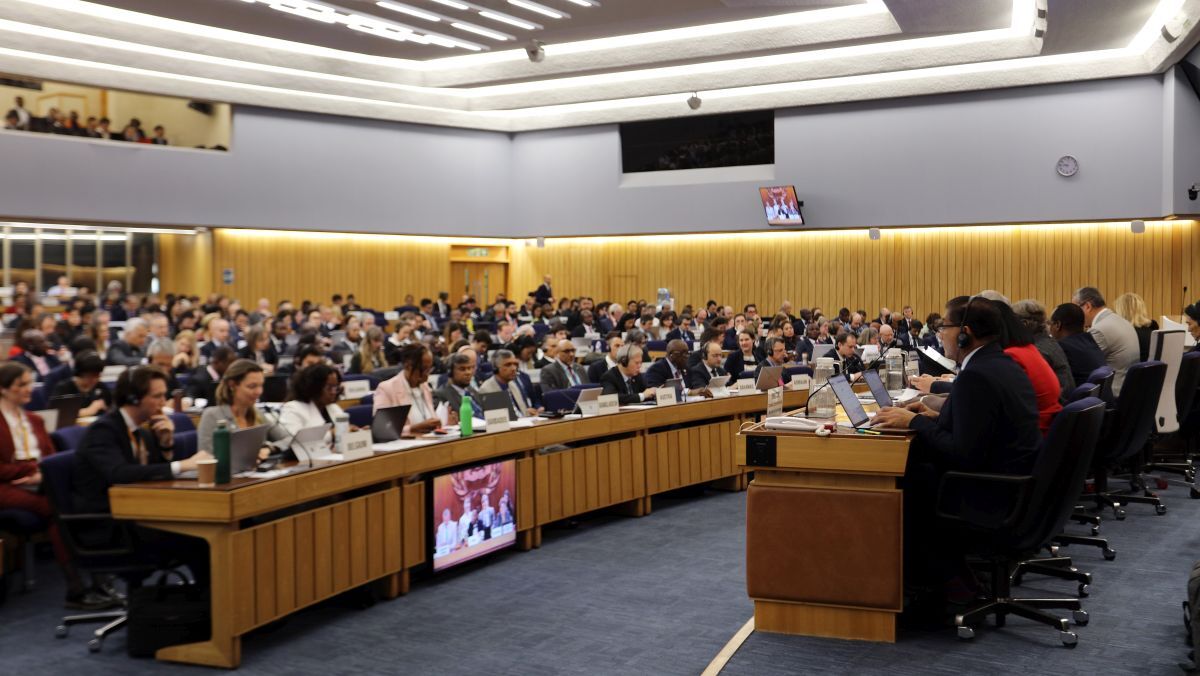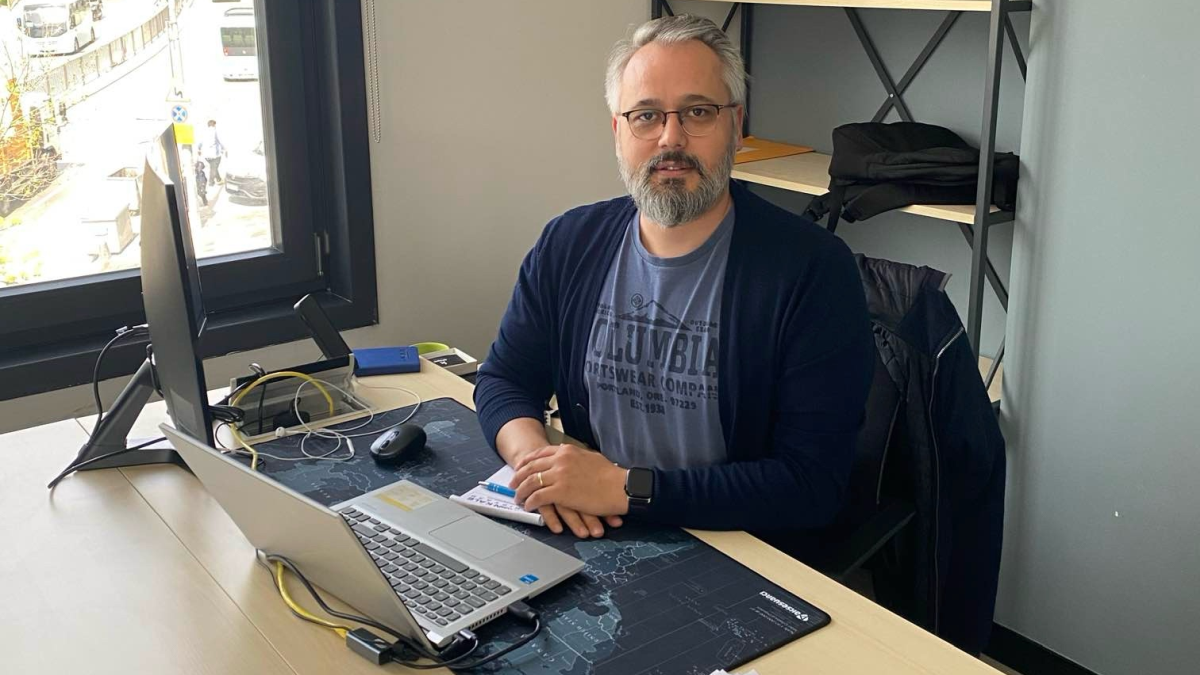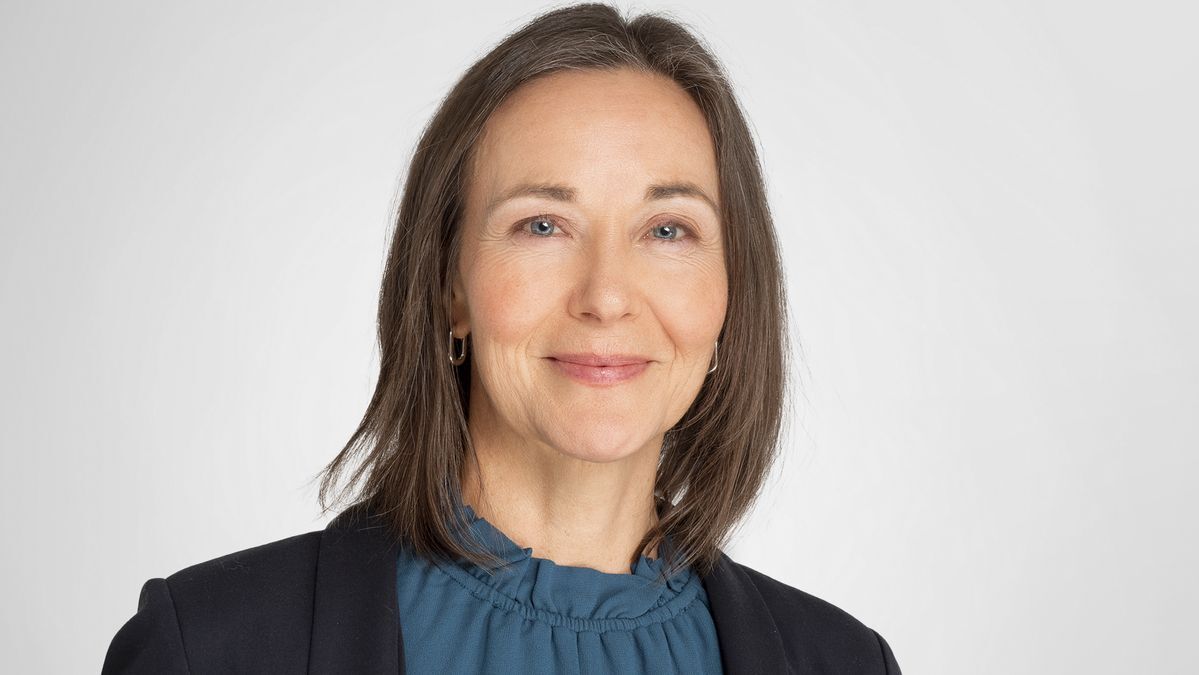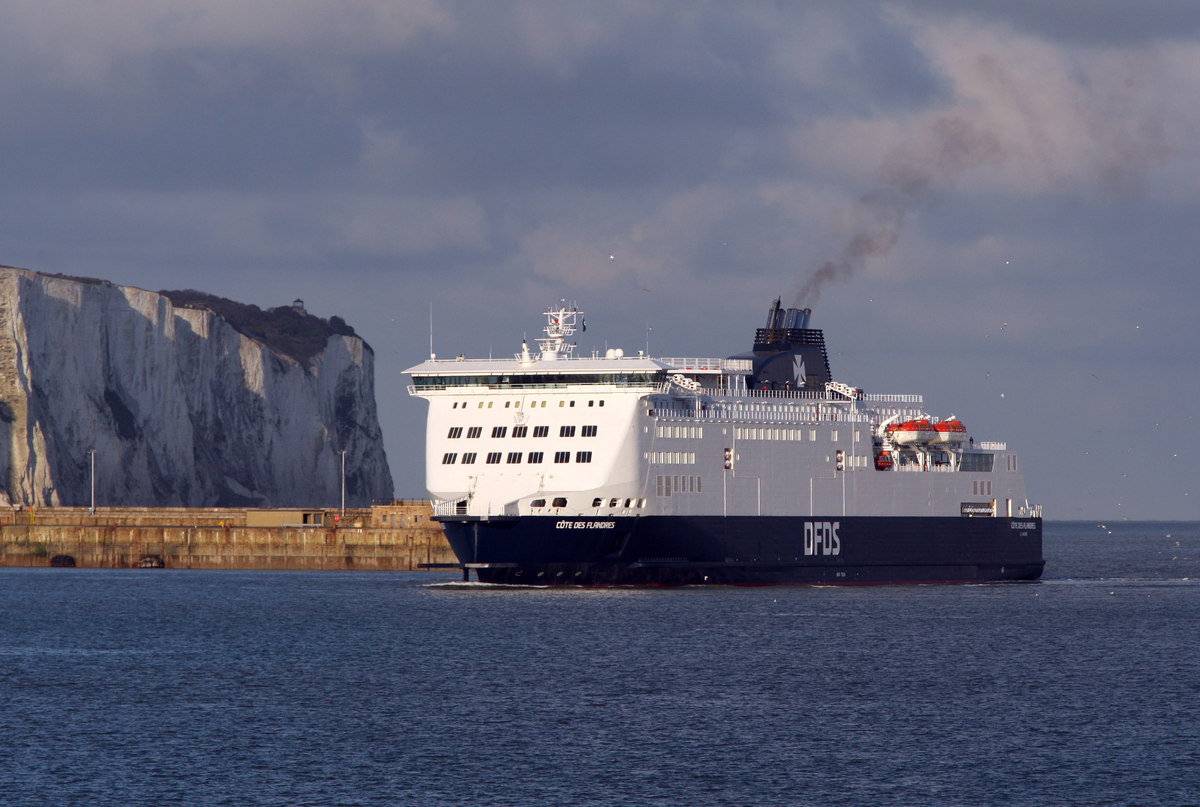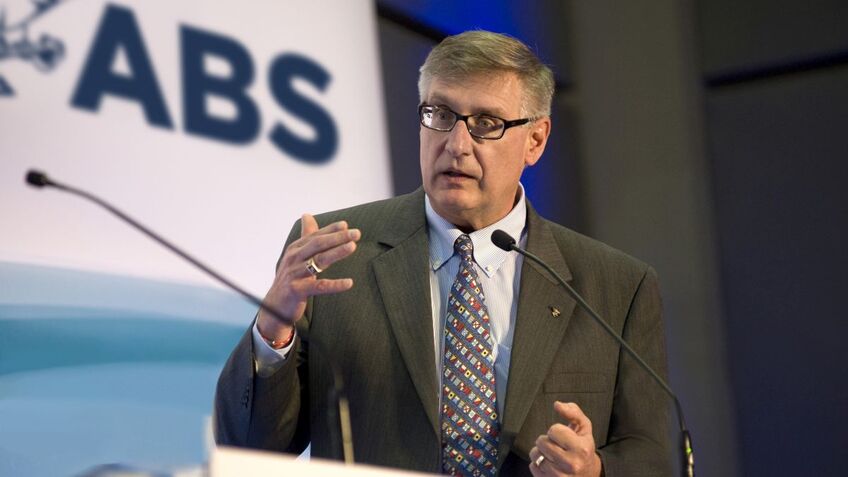Business Sectors
Events
Contents
Register to read more articles.
IMO carbon levy breakthrough reshapes shipping's decarbonisation landscape
Just days after the landmark decision at MEPC 83 to advance Singapore’s J9 proposal as the frontrunner carbon pricing framework, industry leaders gathered in Singapore itself for the Maritime Decarbonisation Conference Asia to assess its implications
The timing and location proved particularly significant, as delegates convened in the very nation that had championed the proposal now poised to fundamentally reshape shipping economics and fuel investment decisions for decades to come. This watershed moment in maritime decarbonisation represents the first global industrywide carbon pricing mechanism, marking a crucial turning point in shipping’s journey toward net-zero emissions.
Throughout the first day of the Maritime Decarbonisation Conference Asia conference, speakers repeatedly referenced the significance of the 11 April vote that advanced the Singapore proposal (J9) as the frontrunner framework for adoption in October, despite the highly contentious nature of the negotiations.
"It was a very turbulent couple of weeks before the final vote," explained BHP senior manager of maritime sustainability, Nirva Ghelani. "A number of countries either walked out or were not supportive. But despite all of that, I think it was a fantastic outcome to see a majority vote towards the measures that came out last week."
The approved framework places shipping in unprecedented territory as the first global industry with a unified carbon pricing mechanism. "This actually puts shipping as the only industry which now has measures towards decarbonisation with an economic impact attached to it," Ms Ghelani noted.
Global head of decarbonisation and fuel transition at Braemar, Joey Ng, highlighted the overwhelming support the measure received despite some delegations’ opposition. "Even when you took all that into account, 79% of the people voted on this policy – that’s a majority, and probably more than enough of the two-thirds majority required in October," Mr Ng said.
The J9 proposal includes several critical elements that will significantly impact shipping operations. The proposal has increased the required Carbon Intensity Indicator (CII) reduction from 20% to 21.5%, signalling an accelerating decarbonisation ambition. It also introduces a carbon levy with flexibility mechanisms that reward early movers and those exceeding minimum requirements.
These flexibility mechanisms represent a crucial innovation, according to Mr Ng’s detailed economic analysis. "What you see as a transition to J9, which is why I’m quite excited, is that you can be overcompliant and benefit from it," Mr Ng explained. "This is going to be radical for shipping because it actually rewards people that make the first move or take that first-mover position, but more importantly, go above and beyond in emissions reduction."
For a 15,000-TEU container vessel on a standard East-West trade route, Mr Ng’s modelling showed carbon levies could eventually constitute 60-65% of total costs. However, vessels using incrementally increasing biofuel blends to comply with regulations would significantly reduce overall costs through avoided carbon levies.
The implications extend beyond operational costs to investment decisions. Anglo American’s Captain Gulati identified the MEPC outcome as the "bridging gap" needed to transition from a fragmented industry approach to decarbonisation to an integrated one where stakeholders "co-invest together, join emissions projects, and share accountability."
Shipowners at the conference offered more cautious assessments. GU Navigation’s Captain Mannath noted that while regulatory clarity is improving, practical challenges remain, "The cost, very simply, is problematic. The same suppliers who provide fossil fuels are also supplying alternative fuels, and the levies are impacting fuel pricing negatively."
The MEPC developments are accelerating shipowners’ consideration of alternative fuels, with significant implications for different vessel segments. Lloyd’s Register Advisory’s Jack Spyros Pringle presented data showing 16-18% of all tanker orders are now specified with LNG dual-fuel capability. His total cost of ownership analysis for an Aframax vessel trading 50% in European waters showed a dramatic difference over a 15-year period: US$104M for a conventionally fuelled vessel versus US$54M for an LNG dual-fuel vessel with onshore power capability.
For charterers, the MEPC outcomes reinforce the need for tailored approaches to specific trade routes. MPC Containerships’ Maike Nimmrich, ITOCHU’s Yosuke Onishi, MOL (Asia Oceania)’s Captain Ashutosh Kumar and AET’s Captain Pavan Kumar all outlined distinct approaches to fleet decarbonisation based on their operational profiles and customer relationships.
Financial institutions are also adapting their lending practices in response to the regulatory developments. ING’s Rajesh Subramanian noted that European Central Bank now requires EU banks to have prudential plans for climate risk, while the European Banking Authority mandates transition plan assessments for all clients.
The shipping industry’s readiness for these regulatory changes remains a concern, with 19% of vessels already in D or E CII ratings based on 2023 data, according to Mr Ng’s analysis. This proportion is expected to grow substantially under the tightened requirements.
Despite challenges with fuel infrastructure, crew training, and economic viability, the industry largely sees the MEPC outcome as providing long-needed direction.
"Regulations are going to play a very important part in how we move forward," noted Captain Ashutosh Kumar. "As much as regulators and policymakers put these regulations in place, contractual obligations around who pays for what will also be key."
"Take action today because we’re no longer in policy uncertainty," Mr Ng advised delegates. "The earlier you start, the more you can get the parts ready – not just buying a ship, but getting crew and shore infrastructure prepared, and establishing reporting systems."
Connect with industry leaders across the Asian and Middle Eastern maritime sectors through Riviera’s premium events. Located conveniently in Singapore, we provide unparalleled access to the heart of the Asian maritime market.
Related to this Story
Women in Maritime Today: Elin Saltkjel says no day working in maritime is dull
Events
Maritime Environmental Protection Webinar Week
Cyber & Vessel Security Webinar Week
The illusion of safety: what we're getting wrong about crews, tech, and fatigue
Responsible Ship Recycling Forum 2025
© 2024 Riviera Maritime Media Ltd.

